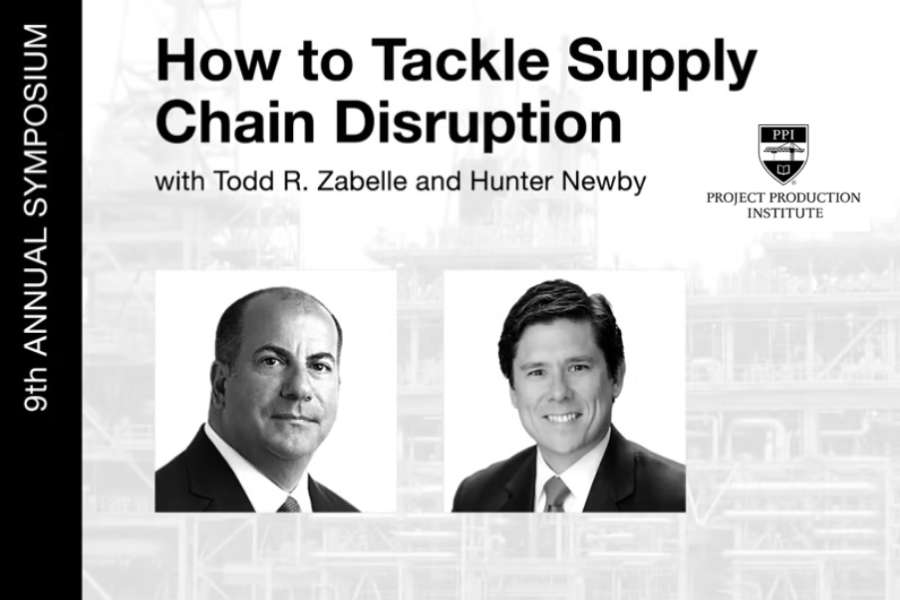The How of Broadband
May 1, 2011
Source: Internet Telephony Magazine
This article originally appeared in the April 2011 issue of INTERNET TELEPHONY.
Even with all of the investment and development of broadband communications infrastructure going on around the world today, it still seems that some people are not sure what the end results will be, or actually produce in terms of gains in productivity, output, etc. Knowing what the output will be is the why anyone would input investment. Beyond the why is the how. That piece gets a lot easier once the fire is lit, but there are many challenges in building the exact right thing to deliver on the vision.
Starting with the why, a recent study conducted by e-North Carolina and SNG for the state of North Carolina has produced some of the most meaningful and concrete information and examples of why there must be an investment made in to broadband communications infrastructure.
Here’s an excerpt from the study:
e-NC and SNG announced today the findings of a comprehensive study of residents and businesses in the state of North Carolina. In all, 30,000 households and 70,000 businesses and organizations were surveyed to uncover utilization of broadband and e-solutions statewide, with 1,492 households and 6,266 businesses and organizations responding.
The SNG study, conducted between February and October 2010, revealed the potential of broadband for competitiveness and economic opportunity:
· Nearly one in five (18 percent) of new jobs were created as a direct result of broadband Internet. Small businesses (less than 20 employees) are especially dependent on broadband Internet as 28 percent of new jobs in that sector are attributed to using the Internet.
· More than half of all businesses (54 percent) said that they would not be in business if they did not have broadband while two in five (41 percent) would have to relocate if broadband was not available in their community.
· The number of households either currently running (31 percent) or planning to run a business from their home in the next twelve months (14 percent) is nearly half (45 percent) of North Carolina’s broadband households.
· Even more broadband households are either now using (41 percent) or planning to use (24 percent) broadband to sell items online. That’s nearly two-thirds (65 percent) of broadband households using it to at least supplement their income.>
· Most (85 percent) of home-based businesses said that broadband was essential to their business.
“We see in these findings how important broadband is to creating new jobs and improving quality of life in North Carolina,” said Michael Curri, president of SNG. “We now have the data that shows why it is so critical to promote broadband infrastructure along with adoption in North Carolina. E-NC has been and continues to be a leader in this field in making sure that North Carolina captures the benefits of broadband in the years ahead.”By employing e-strategies on multiple fronts, North Carolina will be poised to further leverage broadband for job development and economic growth.“Findings show thirty-nine percent of households say they would likely relocate if broadband was not available, while 55 percent of organizations say broadband is essential for staying where they are,” says Jane Patterson, executive director of e-NC. “These numbers illustrate why it is important for all of us to continue to address the issue of broadband expansion in North Carolina. The e-NC Authority will continue to work with all providers to encourage greater broadband coverage across the state. We will also place a special focus on working with small businesses to show how they can increase their revenue potential through use of the Internet.”
What a great report! There are so many different pieces of information, but the answers tell the story of the questions that were asked and what the motivations of the state were to ask them. North Carolina's primary motivation, and really that of any state, country, etc., is to protect the tax base by maintaining and even increasing the value, attraction and magnetic strength of the land. If the actual percentages in each bullet are put aside, as we can assume that the responses from other states would be the same, the truth comes out about the hopes and fears of the state.The fear is the bad side, of course.* New job creation is not only as a result of broadband Internet access, but also a requirement for the job.
* Home businesses heavily rely on broadband Internet access.* If there was no broadband Internet access, the people and businesses would leave.* If they leave so goes the tax revenue and then the value of the land.The hope is the good side and rationale for investment.* People and businesses with broadband Internet access will stay where they are.* Once a business is in operation it is disinclined to move.
* All of this increases the tax base.
This insight into the thought process of the state is a key indicator as to what motivates it and keeps its managers up at night. It is very encouraging to see the way being paved by these thought leaders.
Ensuring that it’s built properly so that everyone is competitively served – and that it is built by competent people with a real design plan and clear, honest intensions – is another story. To be clear, broadband is a very vague term. It should be noted that the true meaning or assumed definition of broadband is in fact broadband Internet access. This is somewhat tedious to say, but necessary to avoid having states, communities, etc., build broadband networks that are not connected to anything at all. They will have accomplished the goal of building a broadband network, but not what everyone actually expects, which is a broadband Internet network. Having several thousand homes connected with 100 megabits each that all goes to a 45-megabit DS3 to the public Internet does not do anyone much good.
In a practical sense every place is the same, so the truth about these statistics is that broadband Internet access is the key weapon in the war that is beginning between towns, counties, states and countries around the world right now. It is not too dissimilar to having proper roads, electricity and running water. These are the basics, and so now too is broadband Internet access. The winners will be the ones that put their energy and will in to building the proper infrastructure to support the new economy.
Hunter Newby, CEO Allied Fiber (News - Alert) writes the Infrastructure Peering column for TMCnet To read more of Hunter's articles, please visit his columnist page.
Edited by Stefania Viscusi




